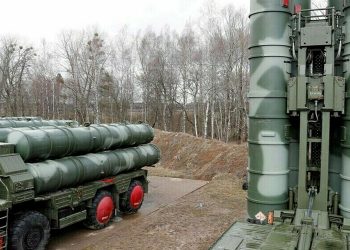Serious concerns have arisen regarding the upcoming February 8 elections in Pakistan due to a series of resolutions pushing for a delay. In the Senate, four resolutions have been presented, three advocating for a postponement.
The latest resolution, presented by independent Senator Hilal-ur-Rehman, attributes the request to cold weather and security issues in Khyber Pakhtunkhwa (K-P), adding complexity to the ongoing debate.
Senator Hilal-ur-Rehman’s resolution underscores the challenges posed by severe cold and snowfall in K-P, arguing that these conditions would hinder residents from voting. Security concerns are also highlighted, with a focus on the fear of terrorist attacks and the distribution of threatening pamphlets in candidates’ homes and election offices. Despite recognizing the constitutional responsibility of holding timely elections, the resolution urges the Election Commission of Pakistan (ECP) to postpone the elections for three months.
The recurrence of such proposals raises questions about their underlying motivation and potential impact on the democratic process. The previous resolution faced criticism for its perceived conspiracy against democracy, and now, weather conditions and security challenges are brought into the equation. Witnessing a chain of events together is concerning as it may cast doubt on the motives behind these requests and could impact the upcoming elections.
Balancing the need to address valid concerns and ensuring the timely conduct of free and fair elections becomes imperative for safeguarding democratic principles. Senator Afnanullah’s opposition to the resolution, citing historical instances where elections proceeded during challenging times, highlights the necessity of upholding democratic values. The unexpected development has cast a shadow over the previously settled February 8 election date, established through discussions between the ECP and President Dr Arif Alvi.
Moving forward, assessing the constitutional validity of the Senate’s resolution is crucial. JI’s Mushtaq Ahmed Khan has initiated this by submitting an application to the Supreme Court, urging a thorough examination of the resolution and the initiation of contempt proceedings against those seeking an election delay.
This legal scrutiny can provide clarity on the legitimacy of the concerns raised and ensure that decisions align with democratic principles, safeguarding the integrity of the electoral process in Pakistan.


























